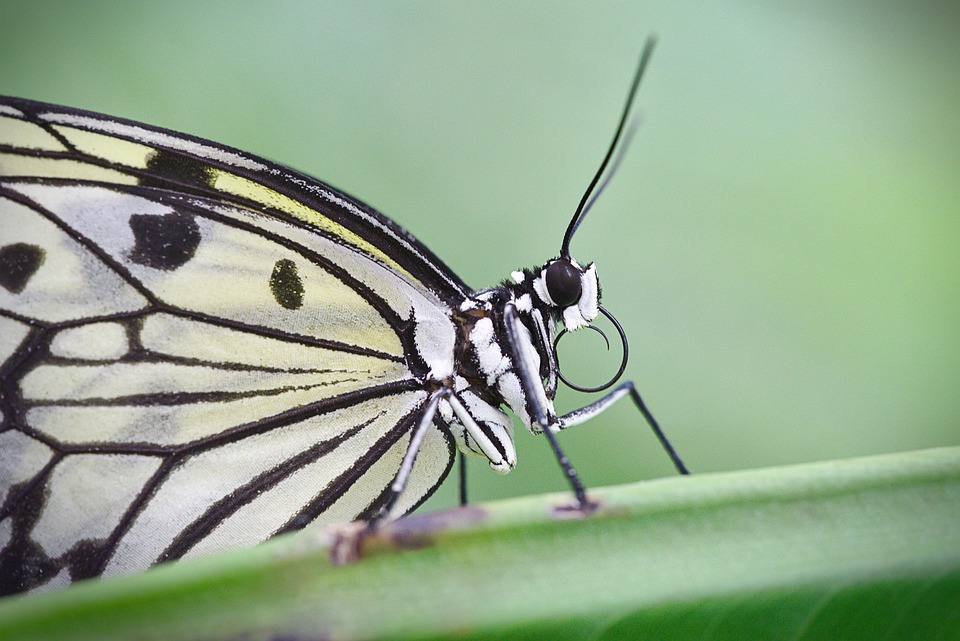Beat the Bugs: The Rise of DEET-Free Alternatives
As warm weather sweeps across the globe, outdoor enthusiasts emerge to bask in the sun and enjoy nature’s beauty. However, with the arrival of outdoor fun also comes the threat of bugs—particularly mosquitoes, ticks, and other pesky insects known for spreading disease and causing irritation. Traditionally, the go-to solution for insect repellent has been DEET (N,N-Diethyl-meta-toluamide), a chemical compound that has been on the market since the 1950s. While effective, DEET has drawn scrutiny over the years due to concerns about its safety, environmental impact, and unpleasant odor. This has sparked interest and demand for DEET-free alternatives, leading to a surge in innovative products that promise to protect while aligning with a growing trend toward natural and sustainable solutions.
The Concerns with DEET
Despite its effectiveness, DEET has been linked to potential health risks, particularly in children and pets. Users have reported skin irritation, allergic reactions, and in rare cases, more serious side effects such as seizures when using concentrated formulations. Additionally, concerns about DEET leaching into water systems and harming aquatic life have made consumers increasingly wary. As awareness of these issues grows, many are looking for natural alternatives that can offer similar levels of protection without the potential drawbacks associated with synthetic chemicals.
The Natural Shift: Exploring Alternatives
As consumers seek safer outdoor experiences, the market has seen an influx of DEET-free insect repellents. Many of these alternatives leverage essential oils and botanical extracts, which provide a more natural approach to pest control. Some of the most popular natural ingredients include:
-
Picaridin: Although synthetic, picaridin is designed to mimic natural compounds found in black pepper plants. It is effective against a wide range of insects and has a lower incidence of skin irritation compared to DEET.
-
Oil of Lemon Eucalyptus: Recognized by the Centers for Disease Control and Prevention (CDC) as an effective repellent, this naturally derived oil provides protection similar to that of low concentrations of DEET, making it a popular choice for families.
-
Lavender Oil: Known for its pleasant scent, lavender oil is believed to repel mosquitoes and other insects. Its calming properties also make it a favorite for those looking for multi-functional products.
-
Citronella: Often used in candles and sprays, citronella oil is famous for masking scents that attract insects. It is a go-to for outdoor gatherings, where it can be used with candles or in combination with other ingredients.
- Neem Oil: Extracted from the seeds of the neem tree, this oil has long been utilized in traditional medicine for its healing properties and insect-repelling capabilities.
The Commercial Boom
As the demand for DEET-free options rises, numerous companies have stepped up to provide innovative products. Brands specializing in organic personal care have surged, creating unique blends of essential oils and natural ingredients specifically formulated to repel insects. The rise of eco-conscious consumers has also led to an increase in repellent formulations that are not only natural but also biodegradable and sustainably sourced.
In addition to sprays and lotions, new applications have emerged in the form of wearable insect repellents, such as bracelets and patches infused with essential oils. These options provide a hands-free solution for those who prefer not to apply liquids directly on their skin or clothing.
Consumer Awareness and Education
Public awareness of the potential drawbacks of DEET—as well as an increased desire for eco-friendly products—has paved the way for consumer education on the efficacy and safety of DEET-free alternatives. Non-profit organizations, health experts, and environmental advocates are all playing a role in informing the public about the benefits of opting for natural insect repellents. This education has empowered consumers to make informed decisions tailored to their lifestyle and needs.
Conclusion
The shift toward DEET-free alternatives represents a significant shift in consumer preferences and awareness. As people become more attuned to the benefits of natural and sustainable products, the market will continue to expand, providing more options for safe and effective insect repellent. Whether you are hiking through a fragrant forest, enjoying a backyard barbecue, or camping in the wilderness, the rise of DEET-free alternatives offers new options to ‘Beat the Bugs’—without compromising on health or environmental principles. The future of insect protection is not only about prevention but also about making choices that align with personal and planetary wellness.
